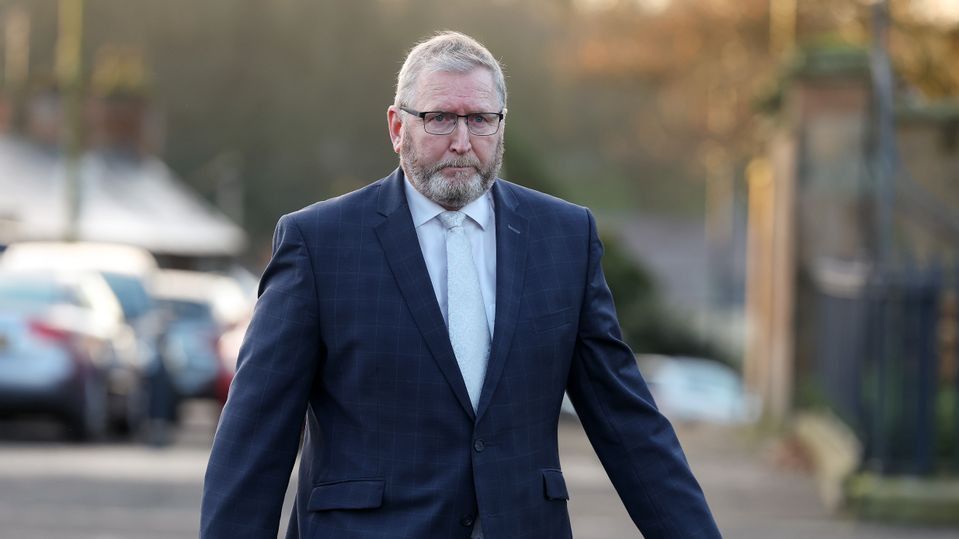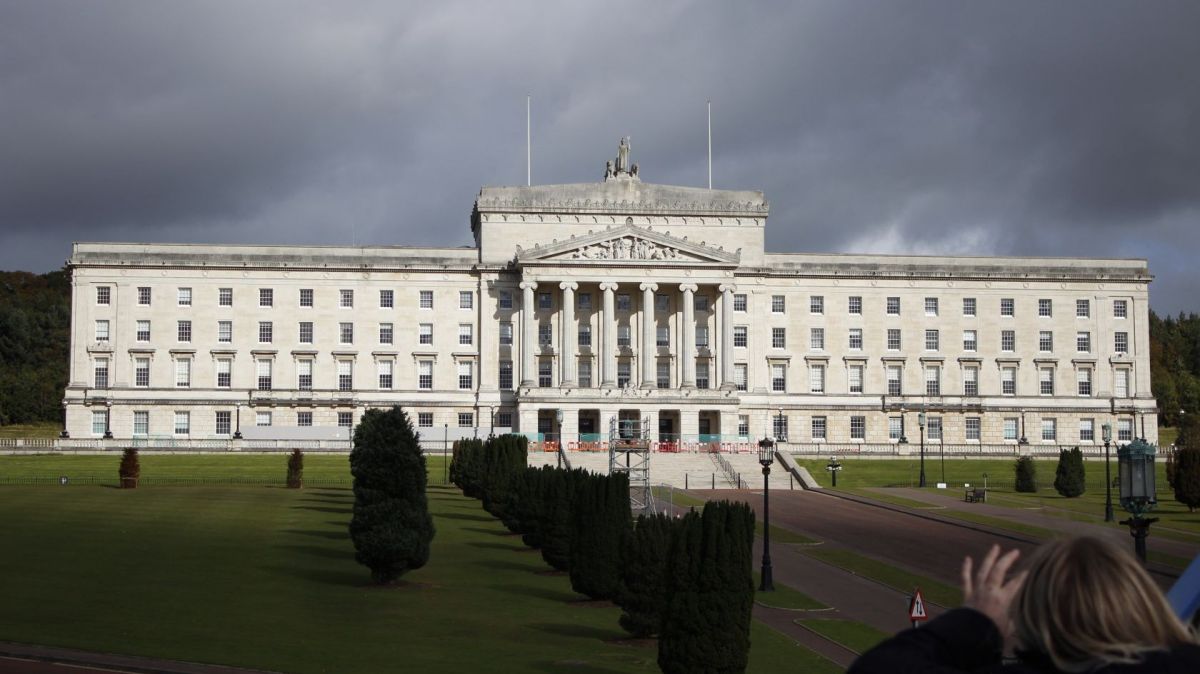Now, just a few months before the Irish electorate casts their votes for the next President of Ireland, is as good a time as any to consider the significance of the office, the perils of running for it, the president’s role and the perception that has accrued to the role over time.
Every successful presidential candidate in Irish history has had the nomination of a strong party, as well as that party’s financial support, behind them. While the office is allegedly ‘above politics’, John Healy, an Irish journalist of yore, used to write that ‘Above Politics’. Party politics often does more to determine the outcome of a presidential election than another other factor. Moreover, the loyalties of a candidate are carefully considered to ensure that a nomination poses no threat to a party’s interest.
Due to its electoral strength for most of the 20th century, Fianna Fáil monopolised the office for the first five decades of the presidency. The party anointed figures such as Seán T. O’Kelly, Éamon de Valera and Paddy Hillery for double terms of 14 years to quietly maintain the role and stay out of government’s way. Even so, at key moments the Irish president did exercise decisive control on an overreaching government or a rogue senior politician.
1990 heralded a sea-change at Áras an Uachtaráin. That year, the Labour Party candidate Mary Robinson’s win saw not only Ireland’s first female Head of State, but it also inaugurated arguably the best decade in Irish history. It was a decade of transformation for young Irish people who had, up to then, been forced to emigrate en masse. An advanced economy formed by a newly educated population revealed a new confidence in the people. From the mid-1990s, a long, hard peace was wrought in the North. That Mary Robinson was succeeded by another woman, Mary McAleese, in 1997 was not so much symbolic of change, but of a New Ireland, one that encouraged personal fulfilment and attempted to confront its troubled past; the presidency managed to emblematise that. A flinty Belfast woman with sound political antennae, McAleese’s timing was impeccable: she was elected the year before the signing of the Good Friday Agreement and played a key role as a liaison throughout the peace negotiations, and after it to bed in the agreement’s provisions.
Michael D. Higgins succeeded Mary McAleese in 2011, becoming the second Labour Party candidate to break the tradition of Fianna Fáil nominations holding the office. That occurred against the backdrop of an implosion of the Fianna Fáil party machine after the banking crisis and the property crash – for which the electorate roundly punished Fianna Fáil (the party declined to even field a candidate).
Higgins’ victory in 2011, and his landslide re-election in 2018 (after an election was forced by Sinn Féin, whose candidate polled 6%) was the strongest mandate an Irish president has ever had. Higgins managed, over 14 years, to excite the population and speak for large swathes of it, and to rise to the underestimated challenges of the office. That he consistently waded into controversial areas pleased the body politic a good deal more than successive governments; he has been the people’s president.
So, since 1990, we have had presidents who have considerably matched the mood of the country. Maybe there is a lesson there for those eyeing a run for ‘the park’ (as the office is known, for its location in Phoenix Park)?
The front-runner in this year’s election until August 14th was Mairead McGuinness. Did she answer how and why she could speak for today’s Ireland? She and her team were surely aware that, although the duties of the president are largely symbolic, if a candidate seems too wedded to one aspect of Irish identity that can paint them as too niche. In McGuinness’ case, that was her significant success in European politics. It was not clear that that experience, with its perception of elitism, could inspire a generation who have been deprived of a fair access to housing. It may be unfair to expect a president, who is without governing powers, to succour such an extensive national crisis, but perceptions fundamentally matter for Ireland’s symbolic presidential role. During his presidency Michael D. Higgins publicly referred to the housing disaster as our ‘great, great failure’, and that ‘housing and the basic needs of society should never have been left to the marketplace. It is the mad speculative money that is destroying our country, which we are welcoming, which we shouldn’t be’. That speech may have achieved nothing tangible, including for a generation locked out of home ownership. Still, many of them would have applauded Michael D. for making it, and many would have difficulty imagining European Commissioner Mairead McGuinness saying anything like it.
As it happens, on August 14th, McGuinness withdrew her candidacy, citing health issues. Fine Gael, mostly the second biggest party in the country since the foundation of the state, has never won the presidency. With McGuinness’ departure, many in the party consider that their best hope to buck that trend is dashed. Fine Gael may well now nominate Monaghan woman Heather Humphreys – and may find her a strong candidate.
For now, though, the field is now wide open, and polling day, 11 November 2025, is approaching. Many people have been mooted but, at time of writing, none of the major parties except Labour has nominated a candidate. What is the hesitation?
The story of Adi Roche’s candidacy can shed some light on this. Roche was an unsuccessful candidate in the 1997 presidential election where she saw her support plummet after spurious allegations about her brother, a soldier in the Irish army. He later received a government apology, but the damage was done to his sister. The controversy knocked her out of the running for the presidency, and she has spoken about the traumatic effect the attacks on her integrity had on her.
The Irish presidential election is among the nastiest political contests in the country, in which the political is personalised. Seamus Heaney, a hugely popular figure in Ireland throughout his lifetime, when asked if he would run for president, replied that he would consider it as a cross-party nomination – in other words if there was all but no contest. Apparently fewer and fewer want to enter the bear-pit of a presidential campaign. The forensic examination of one’s personal and professional life, the spinning to manufacture scandals, are too off-putting. Have we made candidacy for the office too perilous to entice the best person to be Head of State?









